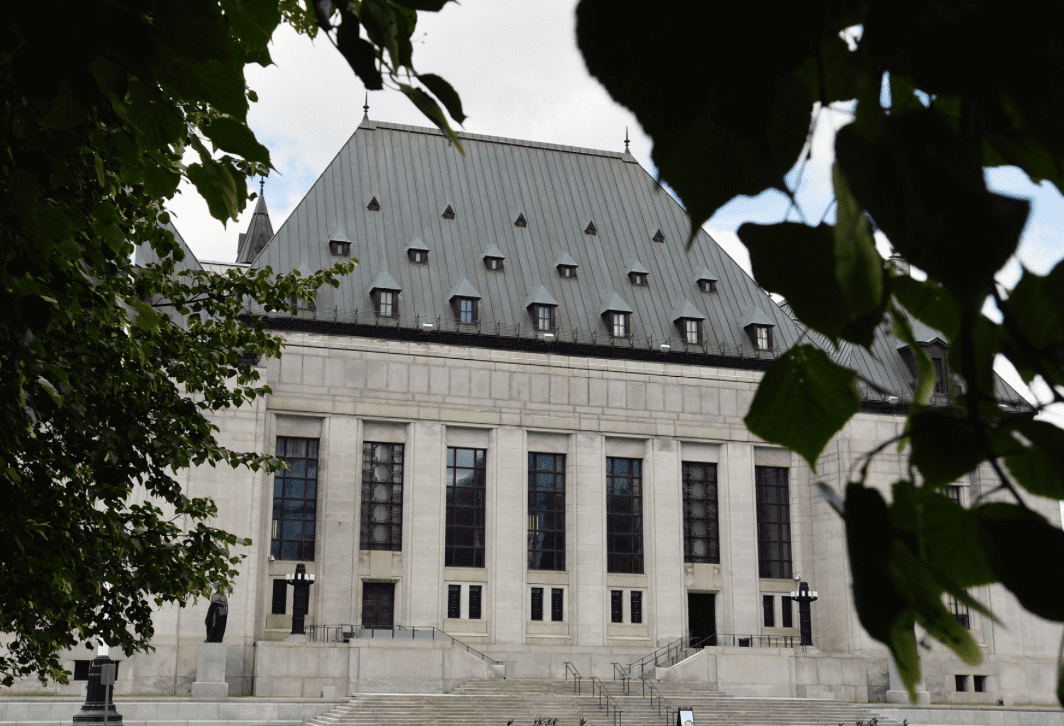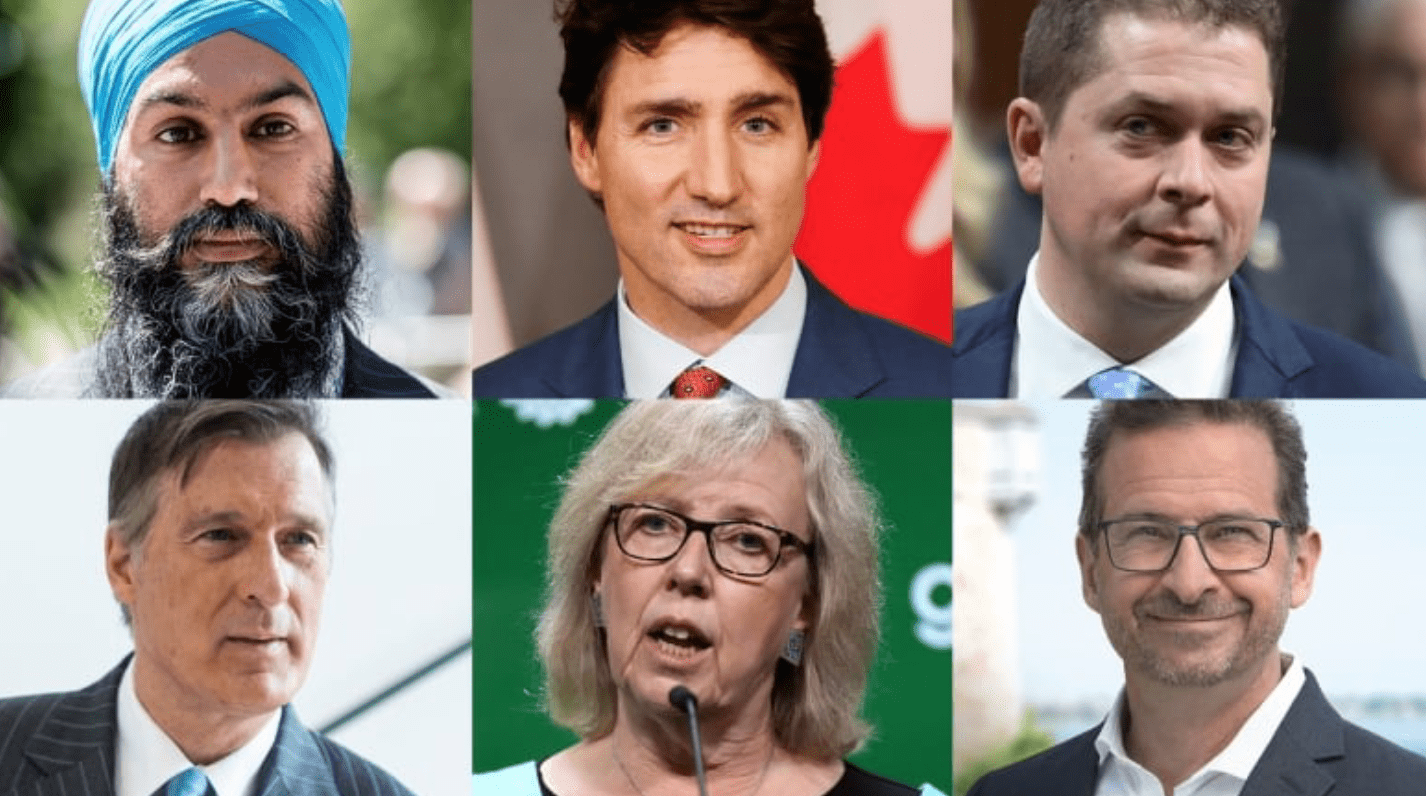If Premier Jason Kenney truly believes Alberta is in a battle with environmentalists, the enemy is at the gate.
Greta Thunberg, Swedish teen climate activist, is in Alberta and plans to march with protesters from downtown Edmonton to the legislature on Friday.
How the premier and his supporters greet this international celebrity will affect the reputation of Alberta far more than any efforts on the part of the provincial public relations war room, recently re-dubbed the Canadian Energy Centre.
Hostility and sarcasm will not be a good look on Friday night newscasts.
The situation is undoubtedly fraught with peril for the UCP government that has been making political hay out of its bellicose opposition to anti-pipeline and climate change activism.
The Alberta legislature does not sit on Fridays, so if the government sticks to its plan to not seek a meeting with Thunberg, the premier and his caucus have an excuse to be absent from the building.
Of course, then Kenney would risk the criticism that his archenemy Justin Trudeau met with Thunberg. Thunberg didn't let Trudeau off the hook, saying after their Montreal meeting that she told him he isn't doing enough to halt climate change.
Thunberg has also tweeted that the federal government's purchase of the TransMountain pipeline was "shameful".
Kenney doesn't want to hear that message. His government argues they want Thunberg to learn what a great job Alberta is doing to reduce its emissions, and to recognize that the world needs oil produced by a jurisdiction that respects human rights, as opposed to Saudi Arabia or Venezuela.
Environment Minister Jason Nixon told reporters, "I think when you look at some of Miss Thunberg's comments, she doesn't understand our province, that she doesn't understand the reality that to accomplish climate change goals worldwide, we need Alberta as part of that solution."
Tim McMillan at the Canadian Association of Petroleum Producers also would like to offer information on the oilpatch.
"If I have a concern, it's that — like Jane Fonda or like Neil Young — she is coming here with an agenda that is predetermined," he said in an interview with the Calgary Herald.
Well, yes she is in Alberta with a predetermined agenda. That's the point.
It's the agenda she's been hammering away at outside the Swedish parliament, on a sail boat across the Atlantic, at the United Nations and now on a cross-North American tour. Her message is heart-felt and urgent: What world leaders are doing to fight climate change is woefully inadequate and jeopardizes the future of her generation and generations to come.
She is not in Alberta on a fact finding mission or to be lectured on the relative merits of the provincial oil patch compared to some other place on the globe.
Her call to action seems to elicit overblown hostility. Social media in Alberta is on fire. Thunberg's outrage during her United Nations speech was nothing compared to the outrage of Twitter trolls with the most antediluvian notions that children should be seen and not heard.
Cynicism about her motives abounds, infused with a dollop of the conspiracy theory mentality that the Kenney government has been promoting in its recent policy pronouncements.
That officially sanctioned polarization on the environment is now coming home to roost for the government as Thunberg brings her impassioned activism to the steps of the legislature.
Alberta's opposition leader Rachel Notley is urging the UCP government to meet with her. Notley admits she doesn't agree with everything Thunberg has to say, but acknowledges the seriousness of the climate change crisis. And she warns that the worst government reaction the Thunberg visit would be to continue polarizing the debate.
Protesters at the last major climate rally at the legislature were greeted with signs in government office windows declaring "I love Alberta oil and gas".
That sort of provocation and dismissiveness will look bad.
If Alberta is concerned about its international reputation, provincial reaction to Thunberg's Friday event should steer clear of climate change denial and lean more to respectful acknowledgment of her point of view.
Whether the premier or his ministers meet with Thunberg or not, they can't ignore the growing sentiment she represents.
Photo Credit: Spiked










